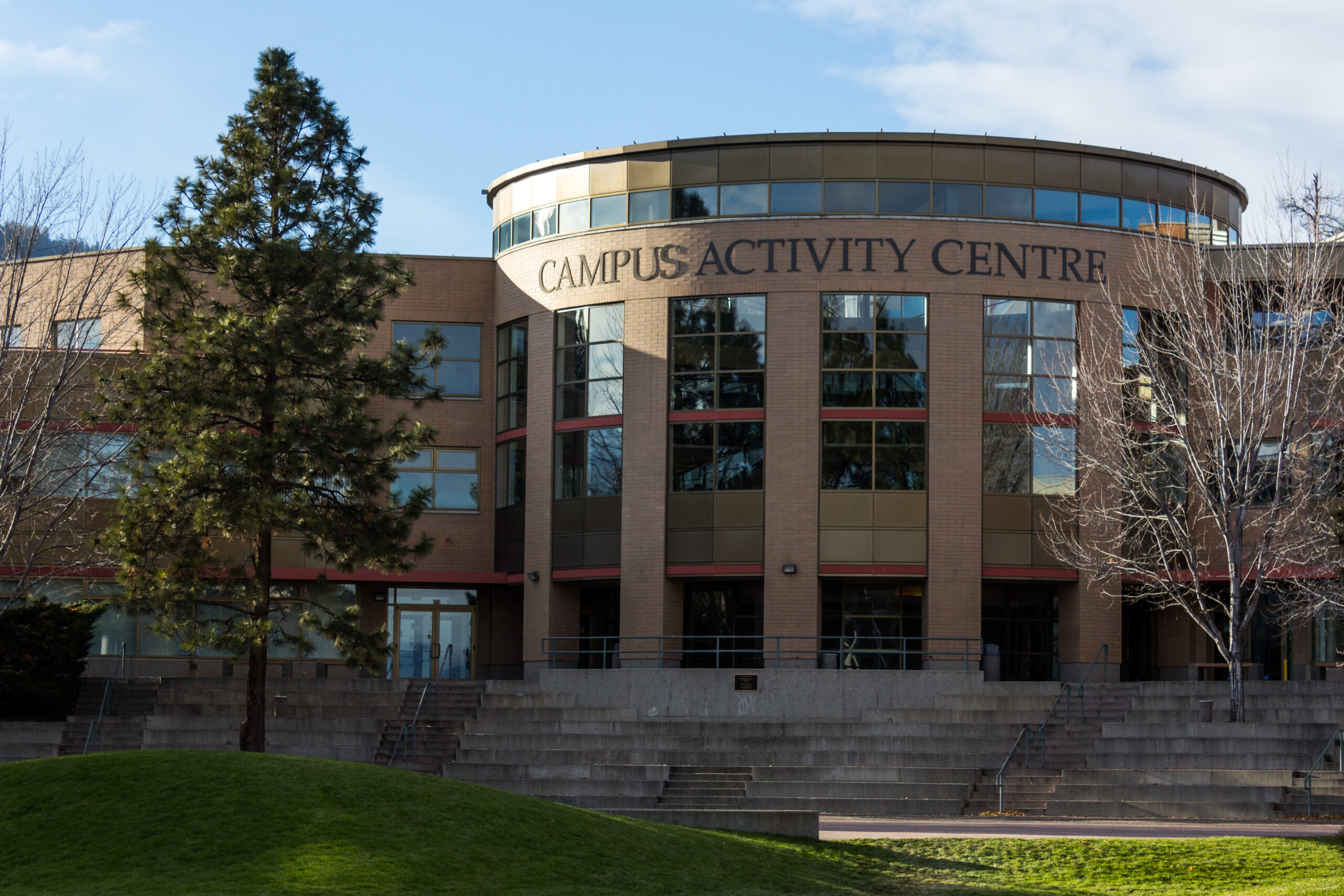As we travel along our journey through post-secondary education, many of us in university will learn to accept that a certain amount of stress comes with being students. Most of the time, the stress is manageable, a byproduct of light night study sessions, midterm prep or perhaps juggling a part-time job. What many don’t expect are the legal problems that may arise along the way, such as when disagreements with employers or landlords escalate beyond reason. For many students, such as international students, those with disabilities and others experiencing financial instability, these challenges can be confusing and intimidating.
Instead of trying to figure it out alone, students now have a place to turn. Through a partnership between the TRU Students’ Union (TRUSU) and the TRU Community Legal Clinic (TRUCLC), free legal advice is available right on campus.
Once a month, TRUSU hosts legal pop-ups in the Students’ Union building, during which students are invited to sign up, sit with a lawyer and hopefully walk away with a clearer picture of their rights and next steps. The appointments are short—about 15 minutes—but can make the difference between being stuck in a bad situation and knowing how to move forward.
TRUCLC first opened in 2016, thanks to a $50,000 grant that tested whether the community needed such a service. Nine years later, it’s not just a service—it’s a staple in Kamloops. The clinic serves low-income residents while providing law students with hands-on training.
Professor Ted Murray, the clinic’s executive director since 2017, says that balance has always been the goal.
“It’s the best way for our law students to gain experience, while making sure people who can’t normally afford a lawyer still get help,” Murray said.
The clinic’s impact stretches beyond campus. In one case, Murray recalled, more than 40 families in Pineview were told to vacate their townhouses for repairs, only to be informed that upon return their rent would increase. The clinic stepped in on behalf of five of those families, and the landlord backed down before the hearing, Murray told the Omega.
For TRU students, the main issues remain housing and employment.
“Housing in Kamloops has been difficult since 2016,” Murray said. “We see a lot of international students living in substandard conditions or being exploited by landlords. Employers, too […] sometimes they’ll underpay or ignore overtime laws because they assume students won’t push back.”
The clinic has also worked on human rights complaints, consumer disputes, and workplace terminations.
TRUSU executive director Nathan Lane says accessibility is what makes the service so valuable.
“Most of the issues are around tenancy, but we also see employment problems. The good thing is, if a student requests to see a lawyer, they get one,” Lane said.
The process is straightforward. Students are asked to fill out intake forms, which the lawyers then review before both sides meet to discuss the case. When the meeting is over, students ideally walk away with advice tailored to their situation.
Along with casework, both TRUSU and the clinic want to improve public legal education for students. International students, in particular, often hear misinformation about Canadian laws, leaving them more vulnerable.
Students who wish to participate but miss the pop-up may still reach out to the TRUCLC office downtown by calling 778-471-8490 to book an appointment.

